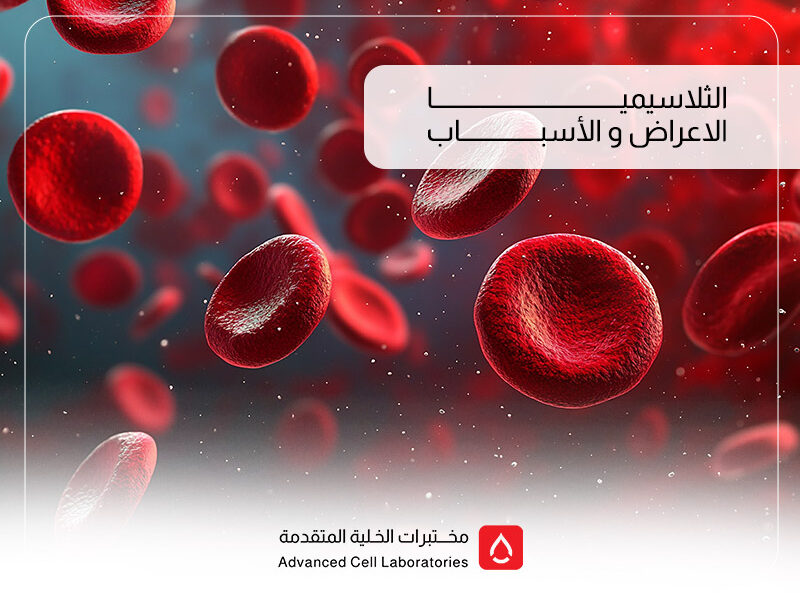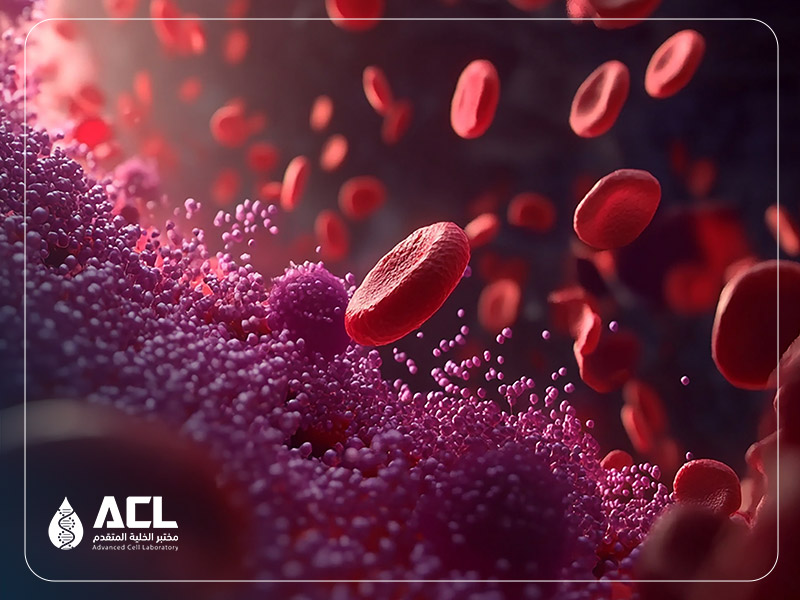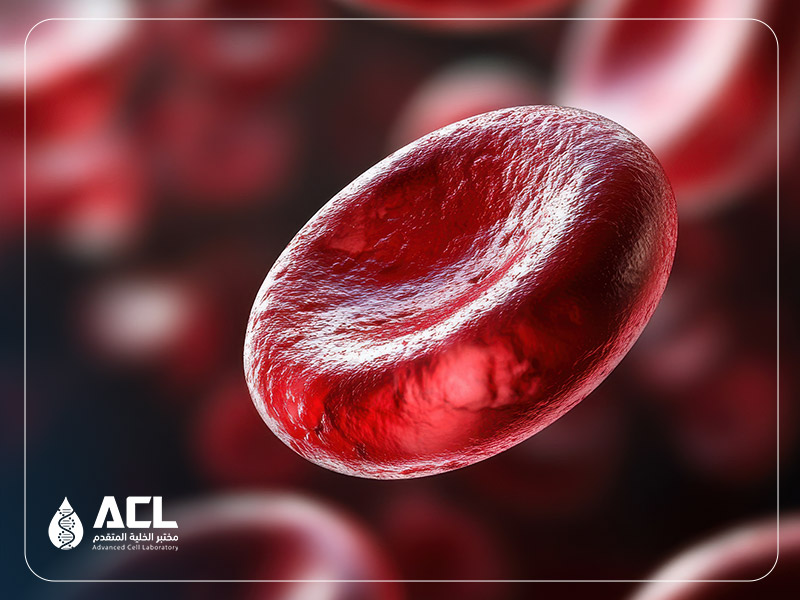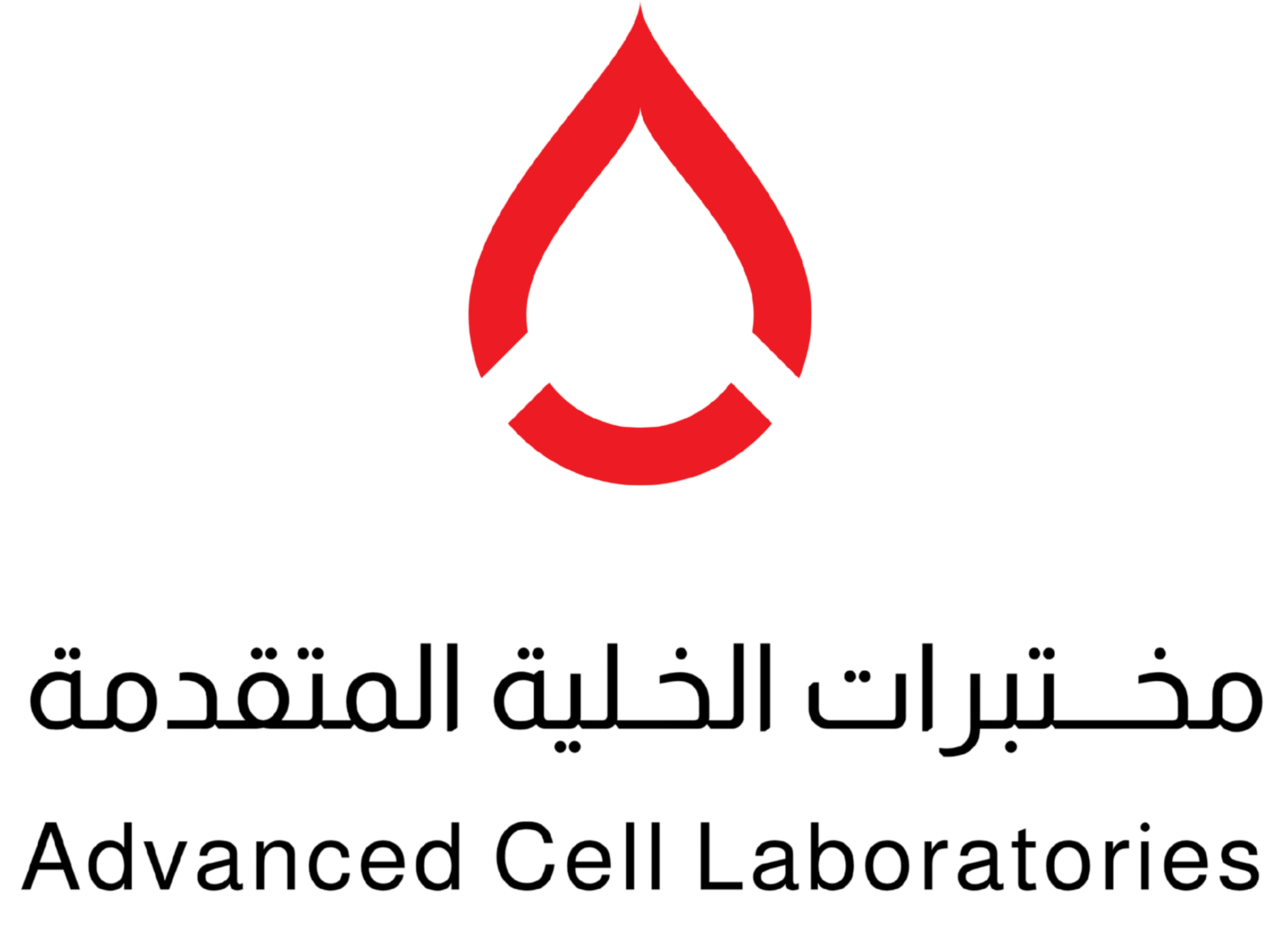- May 23, 2025

Have you ever wondered why some people suffer from persistent anemia despite proper nutrition? Thalassemia might be the answer.
In this article, we dive into the details of Thalassemia, its causes and symptoms, and how to detect it early, highlighting the services of Advanced Cell Laboratories for diagnosing and managing Thalassemia in Saudi Arabia.


 Advanced Cell Laboratories offers a comprehensive range of precise medical services including:
Advanced Cell Laboratories offers a comprehensive range of precise medical services including:
 Don’t let hereditary diseases catch you by surprise! Schedule a comprehensive Thalassemia and genetic disease screening with Advanced Cell Laboratories.
Book your appointment today and start your journey to health security for you and your family with the best accredited laboratory in Saudi Arabia.
Don’t let hereditary diseases catch you by surprise! Schedule a comprehensive Thalassemia and genetic disease screening with Advanced Cell Laboratories.
Book your appointment today and start your journey to health security for you and your family with the best accredited laboratory in Saudi Arabia.
What is Thalassemia?
Thalassemia is a hereditary blood disorder that causes reduced production of hemoglobin —the protein responsible for carrying oxygen in red blood cells. When hemoglobin levels drop or red blood cells are abnormal, it leads to anemia ranging from mild to severe. Read more about: Early Detection of Breast Cancer (Hereditary and Non-Hereditary) in Saudi ArabiaWhat is the Difference Between Minor and Major Thalassemia?

- Minor Thalassemia: A person carries one gene for the disorder and may have no or mild symptoms such as fatigue or mild anemia, often detected through a Complete Blood Count (CBC) or hemoglobin electrophoresis.
- Major Thalassemia: A person carries two copies of the defective gene, leading to severe anemia that requires regular blood transfusions and long-term treatment.
What are the Main Causes of Thalassemia?
- Genetic Factors: Inheritance of defective genes from one or both parents.
- Family History: Previous cases increase the likelihood of passing the disease.
- Consanguineous Marriage: Increases the chances of inheriting genetic mutations, making pre-marital Thalassemia screening essential.
What are the Symptoms of Thalassemia in Children and Adults?
Symptoms vary depending on the type and severity of Thalassemia and may include:- Pale skin and constant fatigue.
- Delayed growth and development in children.
- Enlarged spleen and liver.
- Bone fragility.
- Heart problems due to chronic oxygen deficiency.
How is Thalassemia Diagnosed?
Diagnostic tests include:- Complete Blood Count (CBC): Detects anemia.
- Hemoglobin Electrophoresis: Identifies abnormal hemoglobin types.
- Genetic Thalassemia Test: Detects mutations associated with the disorder.
- Carrier Testing: Identifies individuals carrying the gene without symptoms.

Role of Genetic Testing in Detecting Thalassemia
- Genetic tests help to:
- Detect carriers early.
- Determine the specific gene mutation accurately.
- Provide medical advice for marriage and family planning.
Can Thalassemia Be Prevented?
Although Thalassemia is hereditary, prevention is possible through:- Mandatory pre-marital screening to detect carriers.
- Genetic counseling before marriage and pregnancy.
- Pre-pregnancy testing for couples with a family history of the disease.
Advanced Cell Laboratories’ Services for Thalassemia Testing
 Advanced Cell Laboratories offers a comprehensive range of precise medical services including:
Advanced Cell Laboratories offers a comprehensive range of precise medical services including:
- Comprehensive Thalassemia testing.
- Hemoglobin electrophoresis using the latest equipment.
- Carrier testing for Thalassemia.
- Advanced blood tests for early detection of genetic diseases.
- Mediterranean anemia testing.
Frequently Asked Questions About Thalassemia
Is Thalassemia curable? There is currently no definitive cure, but regular blood transfusions and iron therapy significantly improve quality of life. Stem cell transplantation is an option for some cases. Does Thalassemia affect daily life? Patients can lead normal lives with adherence to treatment and regular medical follow-ups. Do all children need Thalassemia testing? Testing is recommended for children from families with a history of Thalassemia or unexplained anemia symptoms. What is the difference between Mediterranean anemia and regular anemia? Mediterranean anemia (Thalassemia) is hereditary, while regular anemia is usually caused by iron deficiency or poor nutrition. Don’t let hereditary diseases catch you by surprise! Schedule a comprehensive Thalassemia and genetic disease screening with Advanced Cell Laboratories.
Book your appointment today and start your journey to health security for you and your family with the best accredited laboratory in Saudi Arabia.
Don’t let hereditary diseases catch you by surprise! Schedule a comprehensive Thalassemia and genetic disease screening with Advanced Cell Laboratories.
Book your appointment today and start your journey to health security for you and your family with the best accredited laboratory in Saudi Arabia.

